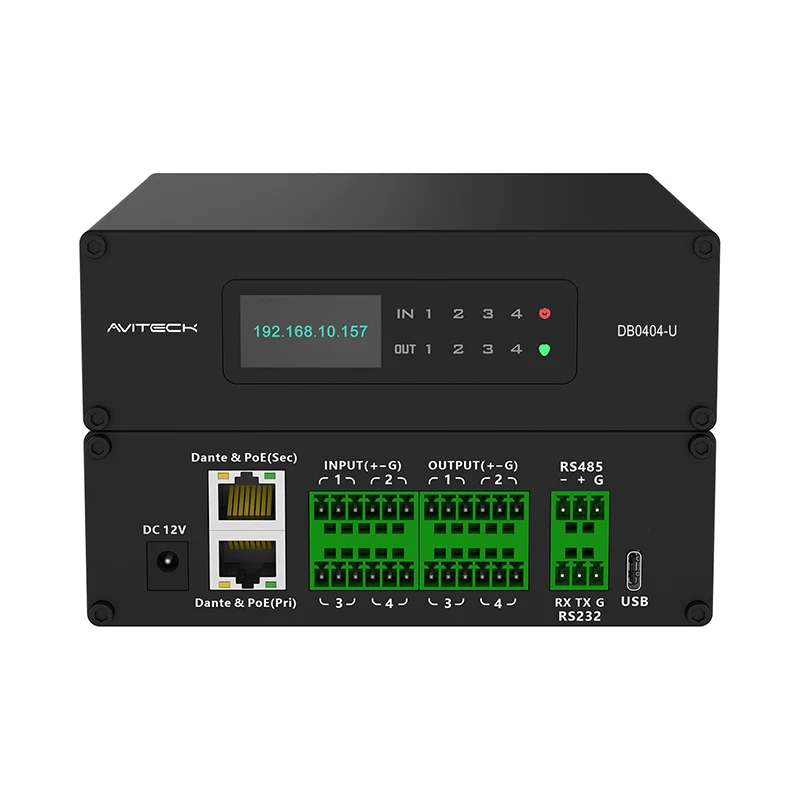
- English
- Español
- Português
- русский
- Français
- 日本語
- Deutsch
- tiếng Việt
- Italiano
- Nederlands
- ภาษาไทย
- Polski
- 한국어
- Svenska
- magyar
- Malay
- বাংলা ভাষার
- Dansk
- Suomi
- हिन्दी
- 繁体中文
- العربية
- Indonesia
- فارسی
- Eesti Keel
- Srpski језик
- Afrikaans
- icelandic
- беларускі
- Hrvatski
- ភាសាខ្មែរ
- ქართული
- Maori
- Тоҷикӣ
- O'zbek
- Հայերեն
- Lietuvos
- שפה עברית
- Pilipino
- Türkçe
- Gaeilge
- Norsk
- český
- ελληνικά
- український
- български
- ລາວ
- Latine
- Қазақша
- Slovenský jazyk
How to Choose a Suitable Audio Processor?
2023-03-01
To choose an audio processor that suits you, we must first understand the functions and usage scenarios of the audio processor. The functions of the audio processor can be roughly divided into: signal input distribution routing, filter, equalizer, polarity, gain, delay, limiter, etc. The usage scenarios include party rooms, KTV, private theaters, stage activities, etc. Some audio processors are even specially used as car audio processors. With the basic understanding of these aspects, we can choose an audio processor that suits us.
1. Engine compression: Professional audio industry staff should all understand what compression is. Choosing equipment with good compression can protect audio equipment to the maximum extent.
2. Chip: The audio processor is a device that processes sound signals. A good chip can provide powerful computing power for the device and reduce the distortion of the device.
3. Balance adjustment: Each channel of the audio device has corresponding adjustment data. To maximize the effect of the sound source, you can choose a device that focuses on balance adjustment when choosing an audio processor.
4. Audio test system: The function of the audio test system is to accurately measure audio data, so that we can adjust our ideal sound more quickly and accurately.
5. Dynamic effect adjustment: Professional sound staff can consider the dynamic effect adjustment part when selecting, which can make the voice more contagious, and the sound can also directly impact the audience's understanding of the sound.
Choosing the audio processor you want is actually mainly to consider the scene and purpose of use. Most audio processors will have more or less emphasis, and R&D personnel will also make corresponding adjustments according to different usage scenarios.




